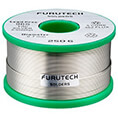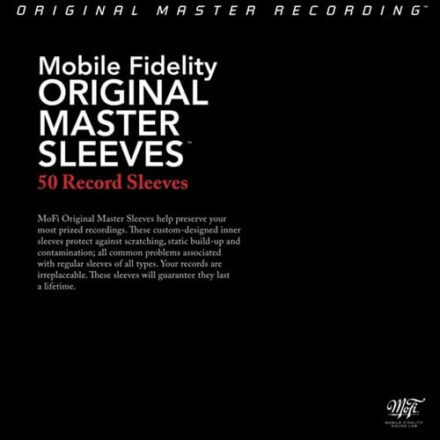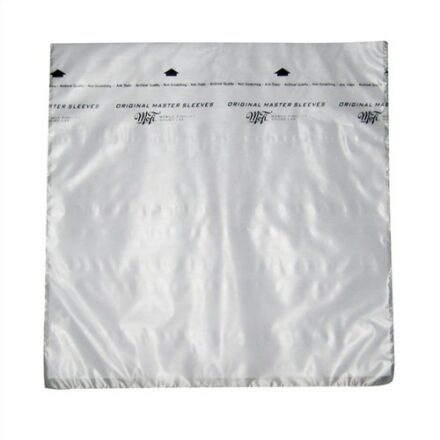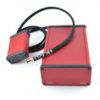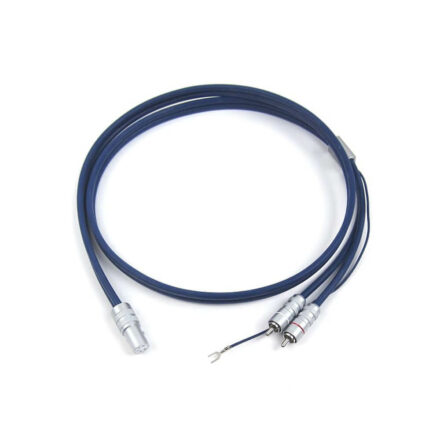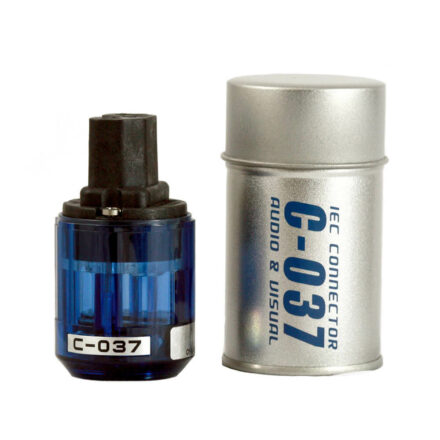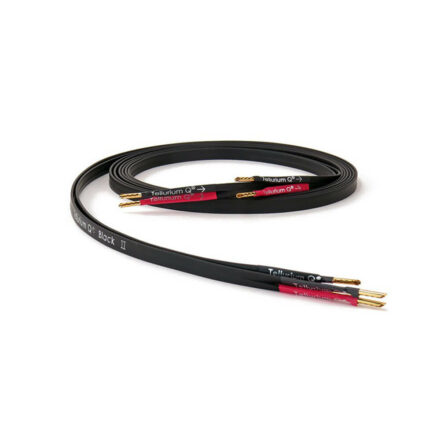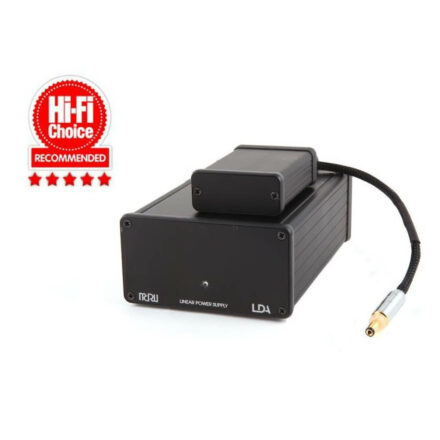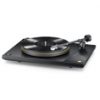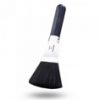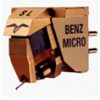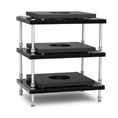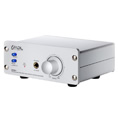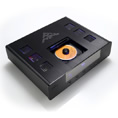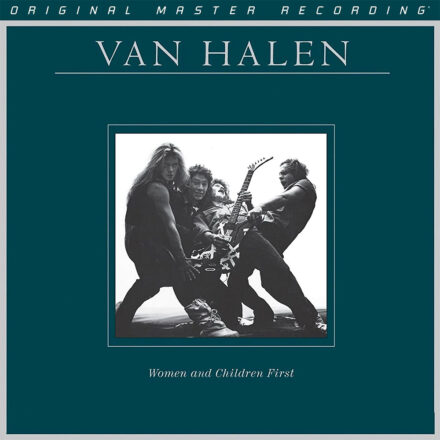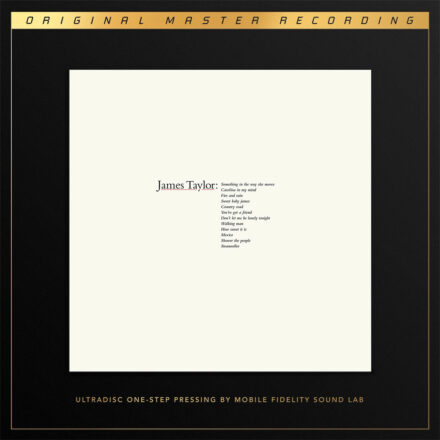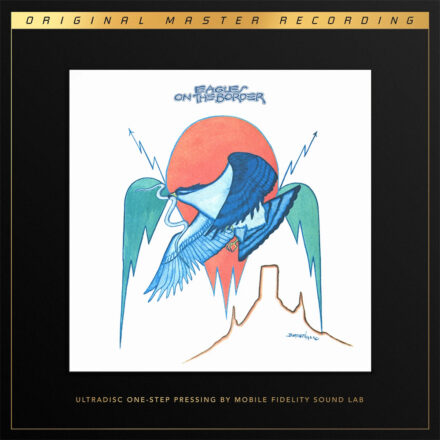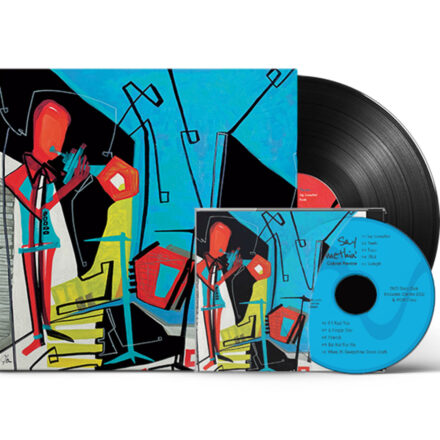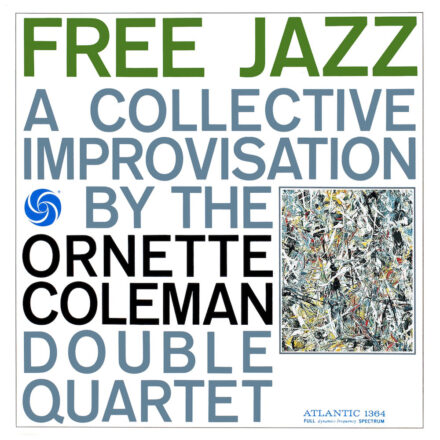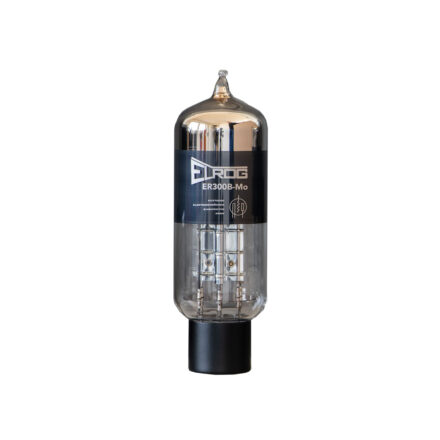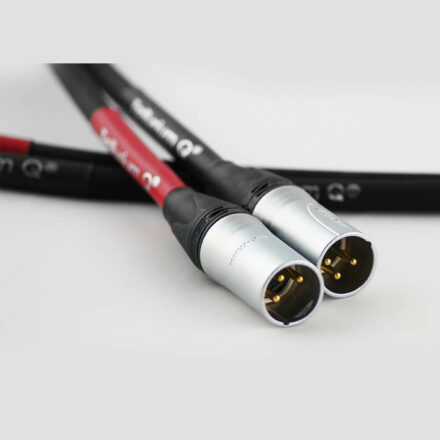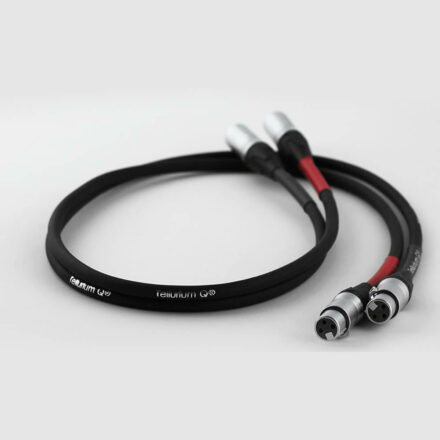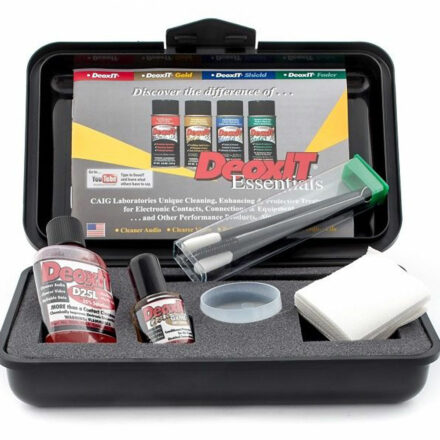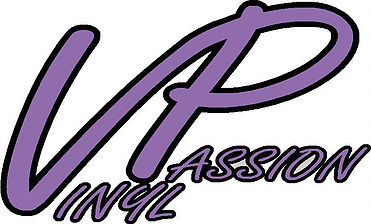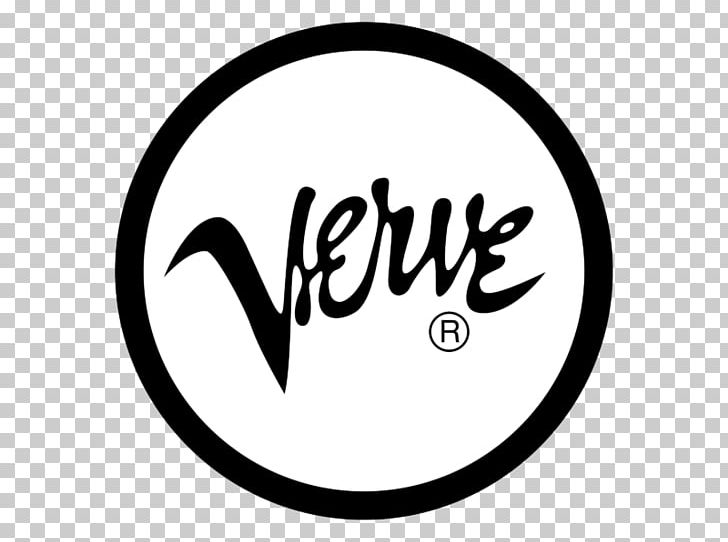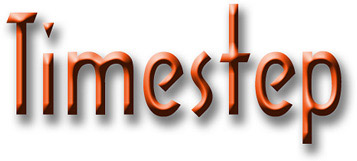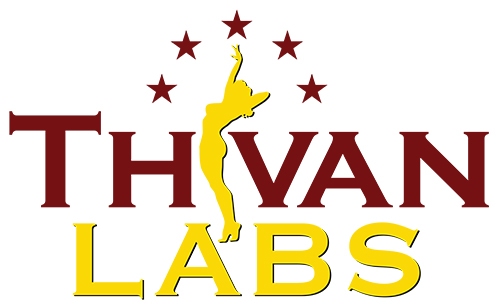Van Halen – Women and Children First – MoFi SACD
James Taylor – Greatest Hits – MoFi Ultradisc 180g 45RPM 2LP Box Set
AVAILABLE TO PRE-ORDER
THE DISTILLATION OF EVERYTHING THAT MAKES JAMES TAYLOR SPECIAL IS MADE EVEN BETTER One of the most commercially successful compilations ever released, James Taylor’s Diamond-certified Greatest Hits encapsulates the quintessential characteristics – refined acoustic guitar playing, mannered melodies, insightful lyrics, comforting singing – and includes the familiar, honest, emotion-rich songs that made the singer-songwriter an icon. Experience it all with unparalleled detail and intimacy on Mobile Fidelity’s limited and numbered UltraDisc One-Step 180g 45RPM 2LP box set, mastered from the original master tapes and pressed on MoFi SuperVinyl.Eagles – On The Border – MoFi Ultradisc 180g 45RPM 2LP Box Set
NOW IN STOCK
MASTERED FROM THE ORIGINAL ANALOG MASTER TAPES, PRESSED AT RTI ON MOFI SUPERVINYL, AND LIMITED TO 10,000 NUMBERED COPIES With its name indicative of the music’s boundary-testing diversity and Southwestern inspiration, On the Border finds the Eagles leaving everything on the table and embracing a harder edge that takes the band out of more relaxed territory and establishes it as a group that knows how – and wants – to rock. Glenn Frey, Don Henley, new member Don Felder, and company immediately announce their intent on the defiant album-opening hit “Already Gone” and never look back, crafting a gem of a record that from start to finish is arguably their most consistent and balanced effort.The Ornette Coleman Double Quartet: Free Jazz Speakers Corner 180g Vinyl
The term 'free jazz' was already in existence – but it had a quite different meaning, namely jazz without paying for an entrance ticket. The album "Free Jazz", however, was intended to lend its name to a quite different style of jazz. 'Free' playing – now this meant that no one was bound to conventions, you could let your imagination run loose. Free jazz gave one the chance to find new rules for every new composition. And it was to be the greatest boost to innovation in the world of jazz. Ornette Coleman’s album from December 1960 stands at the beginning of the free jazz era like a massive portal.


